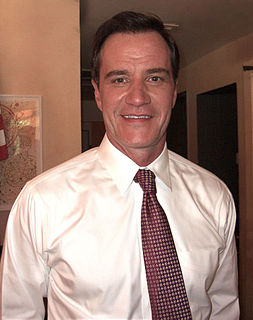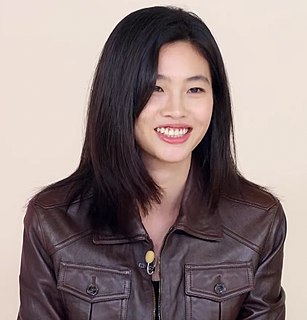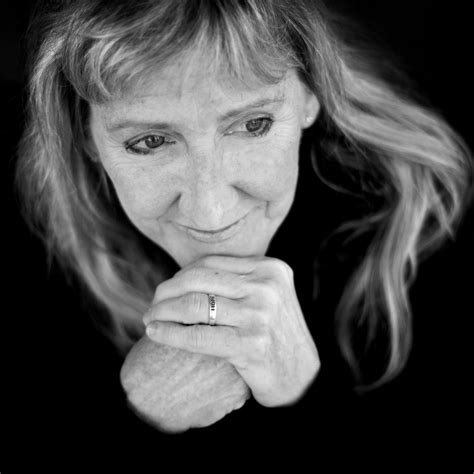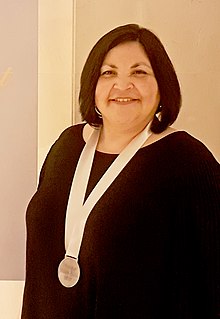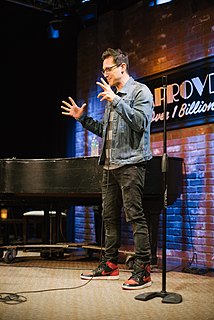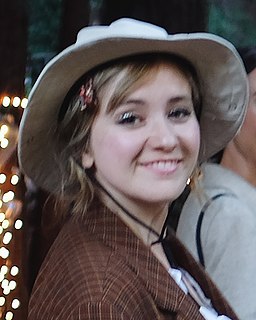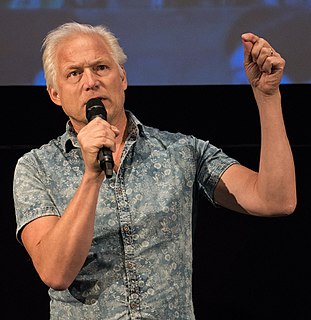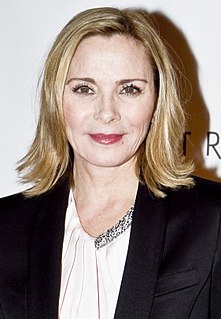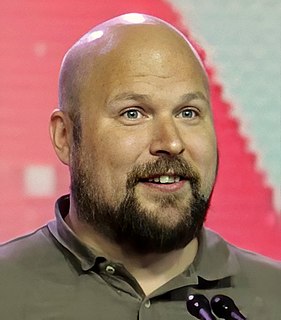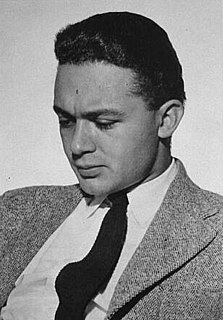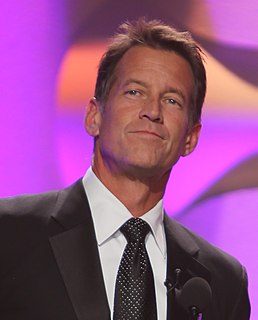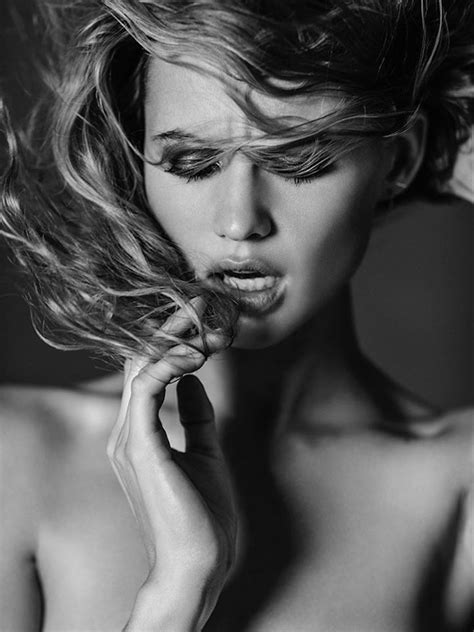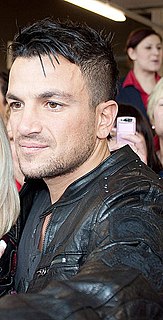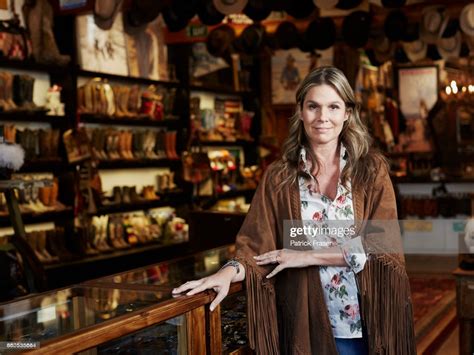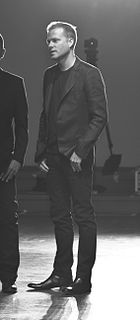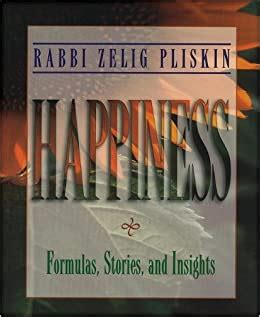Top 526 Edit Quotes & Sayings - Page 6
Explore popular Edit quotes.
Last updated on April 16, 2025.
I write constantly, so it flows from one project to the next, and I would edit everything endlessly if I had the chance. I can always see ways to improve what I've done. At the same time, knowing it's all an ongoing life's work allows me to be less precious about blind alleys, failed experiments, and misfires.
I'm on it pretty much all the time. I edit Wikipedia every day, I'm on Facebook, I'm on Twitter, I'm reading the news. During one of the US elections, I actually went through my computer and I blocked myself from looking at the major newspaper sites and Google News because I wasn't getting any work done.
To edit someone from your life must be a properly evaluated decision. After all, the act of distancing yourself is difficult and, if executed improperly, could prove even more troublesome than if you were to have done nothing at all. The key is to create the distance gradually - a 'fade out' as I like to call it.
As soon as you're finished shooting, you have to go into the edit room and choose all of the shots that you're going to commit to because the visual effects vendor has to get it because they'll spend months on it. So, you're editing out of sequence before you've gotten a film for the movie and the performances.
The only advice I can give is to surround yourself with people who are friends and people who believe in you and your material and who are going to help you take it to the next level. It doesn't mean you don't listen to criticism, but you listen to it and edit it, and you figure out what you can take.
Yes, there may be some convergence to what you see on a screen that's different from the way you will experience a magazine in your hand, but there are lots of ways you can signal differences. Where native advertising and these other things get tricky is when the consumer can't tell the difference between edit and advertising.
If you are afraid to write or edit or assemble or disassemble, you are merely a spectator. And you are trapped, trapped by the instructions of those you've chosen to follow. Twenty people in the field and eighty thousand in the stands. The spectators are the ones who paid to watch, but it's the player on the field who are truly alive.
